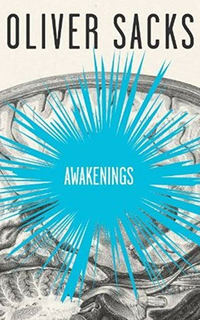I like to do stuff
- Ask
- Answered to foundational books on DNA
It might not exactly qualify as "foundational book on DNA", but in broader terms, it is a foundational work on a physical outlook on life: Erwin Schrödinger's "What is Life?"
I remember that in there he postulates the theory of DNA being an irregular crystal before the structure of DNA was discovered. The book is full of incredible insights such as become clear to sharp-minded people studying a topic very close to the time of its inception.

- Post
I found out today that there are already "brains in a vat", so called brain organoids, made from human pluripotent stem cells, and apparently, if you introduce a neanderthal gene into them, it affects their development. That (along with other research done on them) would seem to imply at least some resemblance in organizational structure with functional brains.
To properly consider the ethical and philosophical implications I feel will take time, but today I've definitely updated my model of the present.
- Post
The self permits a view of the mind, but the view is clouded. The aspects of the self that permit us to formulate interpretations about our existence and about the world are still evolving, certainly at the cultural level and, in all likelihood, at the biological level as well. For instance, the upper reaches of self are still being modified by all manner of social and cultural interactions and by the accrual of scientific knowledge about the very workings of mind and brain. One entire century of movie viewing has certainly had an impact on the human self, as has the spectacle of globalized societies now instantly broadcast by electronic media. As for the impact of the digital revolution, it is just beginning to be appreciated. In brief, our only direct view of the mind depends on a part of that very mind, a self process that we have good reason to believe cannot provide a comprehensive and reliable account of what is going on.
- Self comes to mind by Antonio Damasio





